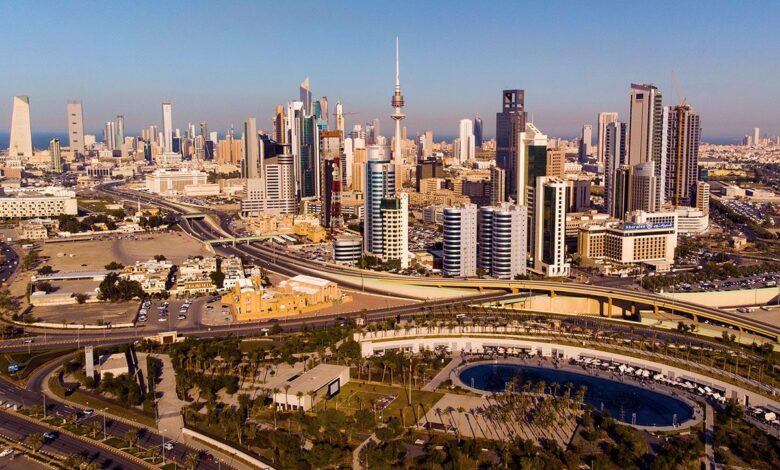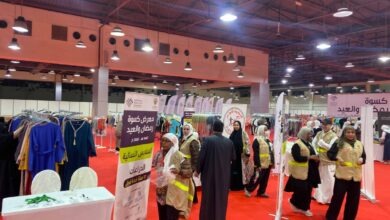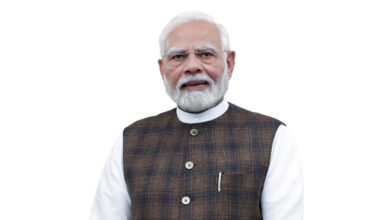Sustainable growth entails tackling structural imbalances

Structural imbalances in the economy that have remained unaddressed for far too long, have widened divisions and raised social, political and economic challenges in the country. The new government in office will need to prioritize the addressing of these imbalances and inequalities so as to alleviate the deepening economic and social disparities, and take the country forward on a path of long-term sustainable growth and development.
To mitigate the economic and social challenges the government will, among others, need to invigorate and drive the economic diversification process, reduce government role and increase private sector participation in economic activities, invest in human resources and infrastructure, enhance workforce productivity, improve accountability, and expand access to opportunities, as well as tackle ineffective governance and address institutional deficiencies.
The above priority-list is undoubtedly a long one and a tall-order to accomplish for a cabinet just beginning to take reins of the country. But the new government has a window of opportunity to start on a fresh slate, after the snap elections slated for April, and work in cooperation and coordination with parliament to address the structural imbalances comprehensively and concomitantly. Attempting to address the issues in tandem may prove challenging, but half-measures and piece-meal approaches in the past have failed to tackle the issues or deliver desired outcomes.
Given the multifaceted definitions for ‘structurally weak’ economies, it could be argued that, as a mainly single-resource dependent economy, Kuwait has an intrinsically weak economic structure. This approach is based on the premise that the country’s oil-based economy is exposed to instability through external factors, such as international oil prices, which are beyond domestic control.
However, for the purpose of this discussion, we focus on persistent structurally weak factors over which Kuwait has direct control. These include a bloated and inefficient public sector, an anemic private sector, a rigid labor-market, and a political system that is not conducive to fiscal, economic and administrative reforms.
Many of these shortcomings could be attributed to misguided policies and priorities in the past, including decisions based on political exigencies and appeasements, as well as corrupt practices, that have engendered labor-market anomalies and institutional deficiencies. Addressing the structural shortcomings would require coherent policies and consistent processes, firm measures, and a resolute political will to implement them within a stipulated time-frame.
The need to tackle the country’s economic inconsistencies was once again reiterated at a recent symposium organized by Kuwait Economic Society in collaboration with the Sheikh Sabah Al-Salem Al-Mubarak Al-Sabah Foundation. Addressing the forum, the former Finance Minister, and Minister of State for Economic Affairs and Investment, Manaf Al-Hajri underscored some of the critical challenges facing the current economic team working with His Highness the Prime Minister Sheikh Dr. Mohammad Sabah Al-Salem, to draw up an economic blueprint.
The former minister said that a major hurdle facing the team was in navigating popular and political demands while steering towards prudent fiscal reforms, achieving a qualitative shift in productivity, and moving towards a knowledge-based economy. Emphasizing that overcoming the challenges would require decisive action, he underlined the need to implement significant economic and financial reforms, as well as enhance governance and role of regulatory authorities, address institutional deficiencies, invest in capacity building, and provide targeted support and subsidies only to deserving recipients.
Lamenting the decline in productivity within ministries and flawed practices in appointments and promotions, Al Hajri attributed these to a misguided economic discourse overly focused on construction rather than addressing fundamental challenges. Acknowledging the country’s economic potential and financial prowess, the former minister urged for optimal utilization of Kuwait’s fiscal strength, its substantial oil reserves, copious sovereign funds, and robust financial resilience, towards achieving the country’s development goals.
Ensuring the success of these goals would require a government and parliament working in tandem, alongside teams of local and international experts and specialized institutions, in a time-bound, transparent and result-oriented manner. While the prevailing higher oil prices provide a respite for the government, recent economic data do not leave much room for complacency.
Latest figures from the Ministry of Finance indicate that the fiscal deficit for the first nine months of fiscal year 2023-24 (FY23-24) was KD1.7 billion, with revenues at KD15.4 billion, and expenditure at KD17.2 billion. The figures also revealed that KD14.3 billion of the revenues, or 92 percent of total income, were derived from oil, while non-oil revenues accounted for KD1.2 billion. On the expenditure side, current expenses, mainly on salaries, grants, and subsidies represented 96 percent of total spending, while capital expenditure accounted for KD720 million.
The continued dominance of oil revenues in the country’s GDP, the slide by 3 percent in non-oil revenues during the first three quarters of FY23/24 relative to the same period a year earlier, and the 55 percent increase on current expenditure, as well as the drop by 6 percent in capital expenditure year-on year, are economic bellwethers that the government will need to take heed and address going forward.
At 1.9 percent of GDP, capex as a share of the national output was not just historically low, but also 48 percent less than the pro-rata budgetary allocation. Low spending on capex is especially worrying considering that spending on sectoral projects, especially in oil and infrastructure are a main driver of market activity and non-oil revenues.
Another cause for concern to the government is the continued demographic imbalance in the country, where non-Kuwaitis account for over two-third of the population. In particular, the prevailing dominance of expatriates in the private sector labor market is a matter of disquiet. Realigning the private sector workforce is important in order to address youth unemployment and encourage more nationals to join the private sector.
Last week, the Ministerial Committee for Economic Affairs, chaired by His Highness the Prime Minister, held a meeting to discuss the issue of financial increases and measures to improve the living standards of citizens. The meeting also tackled the issue of the labor market and the increasing employment in the burgeoning public sector that strains the budget.
The premier requested the Public Authority for Manpower to provide the committee with a set of statistics on the labor market, including the number of citizens working in the private sector. The data is expected to help the government make decisions regarding the population structure, and provide benefits that could entice more citizens to seek employment in the private sector.
Despite past attempts by previous governments to balance the country’s skewed demographic ratio, latest figures from the Public Authority for Civil Information (PACI), reveal that as of the end of 2023, Kuwait’s total population of 4,859,595, comprised 3,313,387 non-Kuwaitis, and 1,546,208 Kuwaitis, or 31.82 percent of the total number of people in the country.
The ratio of one Kuwaiti to every three foreigners has persisted despite the government’s Kuwaitization drive and other measures intended to balance the demographic equation. The falling birth-rate among citizens and the continued reliance on an influx of foreign workers to drive economic activity, has meant that the country’s population continues to remain tilted in favor of foreigners.
Amid a global economic environment that remains challenging due to adverse geopolitics, fiscal constraints, and subdued global trade growth, Kuwait could face a tightening of economic pressures in the upcoming fiscal year. A cooperative political environment could help to ameliorate structural weaknesses, enhance economic stability, and deliver results that fulfill the sustainable development goals of the country, and meet the aspirations of citizens.













